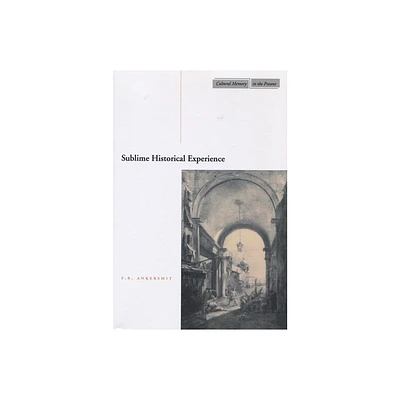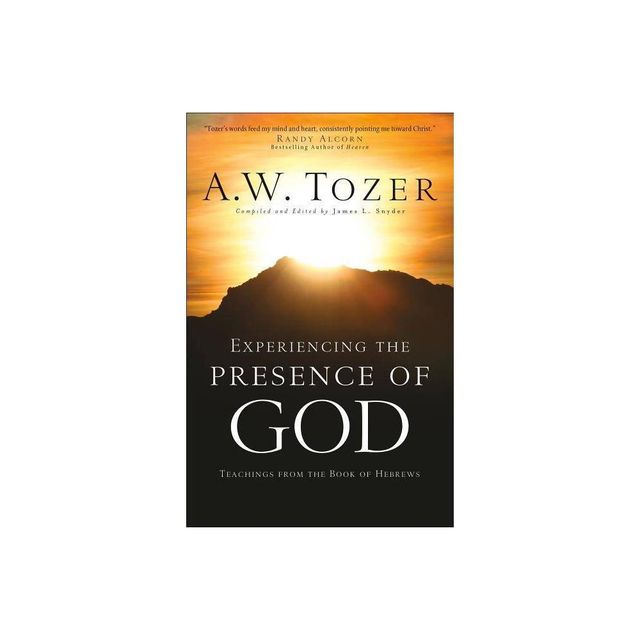Home
Ancestral Presence: Cosmology and Historical Experience the Papuan Highlands
Loading Inventory...
Barnes and Noble
Ancestral Presence: Cosmology and Historical Experience the Papuan Highlands
Current price: $180.00


Barnes and Noble
Ancestral Presence: Cosmology and Historical Experience the Papuan Highlands
Current price: $180.00
Loading Inventory...
Size: Hardcover
*Product Information may vary - to confirm product availability, pricing, and additional information please contact Barnes and Noble
Ancestral Presence
tells a history that has more than one history in it while also telling the story of the relation between worlds.
For the Fuyuge people of the Papuan highlands, the past is not ‘history’ in a conventional sense. For them, the world and its history derive from a creator force called Tidibe which is central to Fuyuge cosmology: the Fuyuge are at the ‘centre of the world’. But Fuyuge people are part of another history, too: they have experienced decades of mission and government influence from centres of power located elsewhere, to which their mountain home is marginal and remote. Through a detailed exploration of Fuyuge myth, changes to ritual life and cosmology, Eric Hirsch weaves an account of the relationship between these two histories. He documents the real changes wrought by colonialism, government and Christianity from the late nineteenth century to the turn of the millennium. Yet this is not a story of ‘continuity and change’. Hirsch demonstrates how transformation was always central to Fuyuge life: changes brought by missionaries and government were processes they themselves initiated in the ancestral past through Tidibe, the cosmological creator force.
Engaging in debates that have been pivotal to Melanesian anthropology, the book presents an ethnographically rich account of a distinctive world, cosmology and ideas of historical change. It also raises questions regarding assumptions central to Western History, its worldview and ideas of historical time.
tells a history that has more than one history in it while also telling the story of the relation between worlds.
For the Fuyuge people of the Papuan highlands, the past is not ‘history’ in a conventional sense. For them, the world and its history derive from a creator force called Tidibe which is central to Fuyuge cosmology: the Fuyuge are at the ‘centre of the world’. But Fuyuge people are part of another history, too: they have experienced decades of mission and government influence from centres of power located elsewhere, to which their mountain home is marginal and remote. Through a detailed exploration of Fuyuge myth, changes to ritual life and cosmology, Eric Hirsch weaves an account of the relationship between these two histories. He documents the real changes wrought by colonialism, government and Christianity from the late nineteenth century to the turn of the millennium. Yet this is not a story of ‘continuity and change’. Hirsch demonstrates how transformation was always central to Fuyuge life: changes brought by missionaries and government were processes they themselves initiated in the ancestral past through Tidibe, the cosmological creator force.
Engaging in debates that have been pivotal to Melanesian anthropology, the book presents an ethnographically rich account of a distinctive world, cosmology and ideas of historical change. It also raises questions regarding assumptions central to Western History, its worldview and ideas of historical time.


















